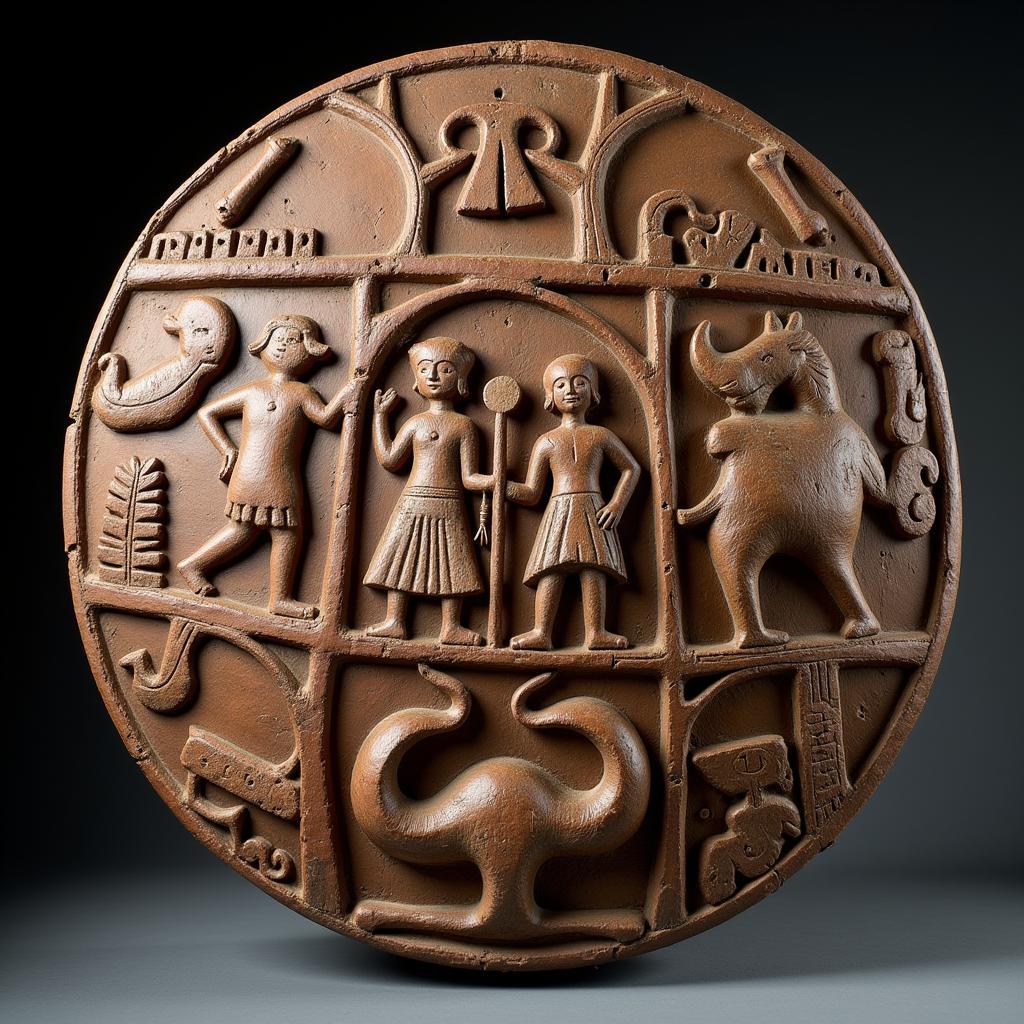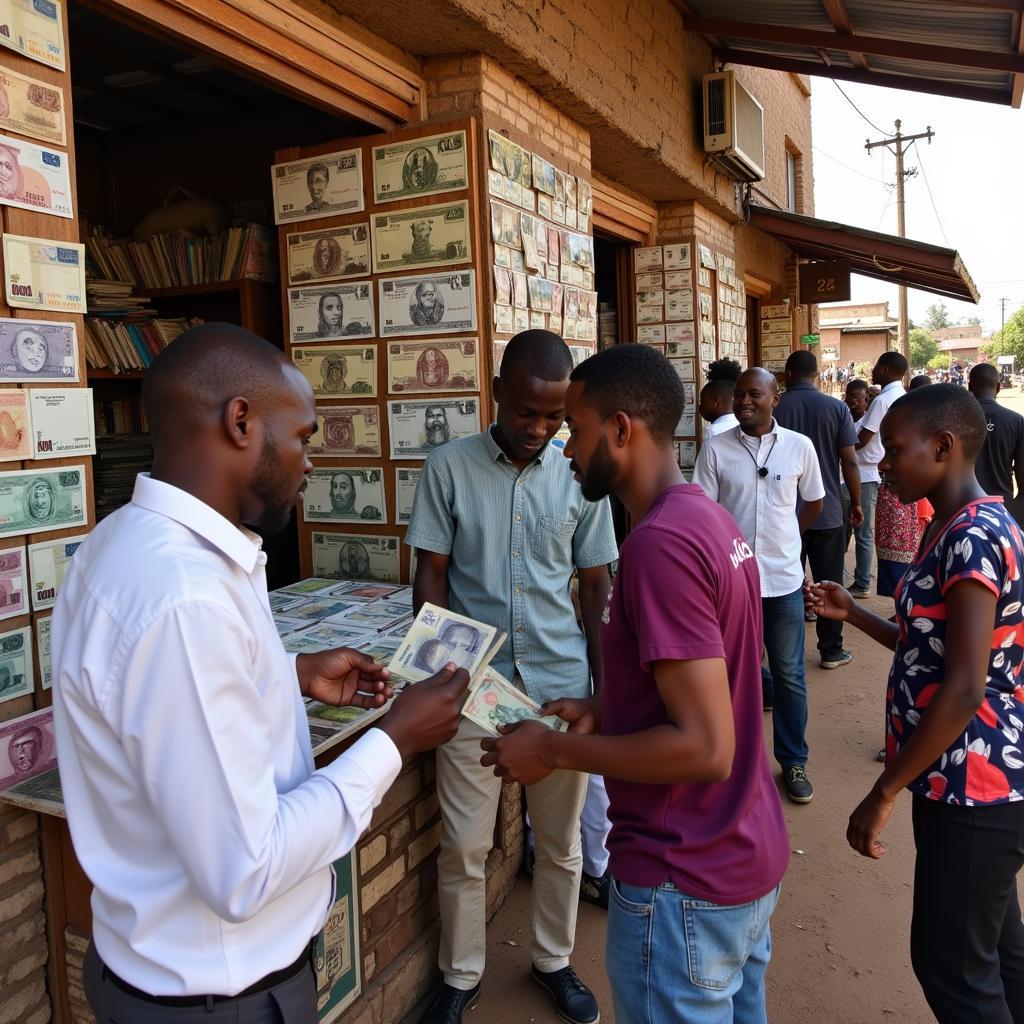African Decolonization Writes: Voices of Resistance and the Legacy of Liberation
The fight for independence across Africa, known as decolonization, was a complex and multifaceted period that saw nations break free from the shackles of colonial rule. This movement, however, was more than just political liberation; it was a cultural awakening, a literary renaissance, and a powerful articulation of African identity. This article delves into the profound impact of decolonization on African writing, exploring the themes, styles, and voices that emerged from this crucial period.
The Rise of African Literary Voices
Decolonization fueled a surge in African literary production, giving rise to a distinct and vibrant literary landscape. Before independence, African writers were often marginalized or forced to write within the confines of colonial frameworks. But with newfound freedom, they embraced their own narratives, exploring themes of identity, oppression, and resistance from a uniquely African perspective.
Redefining Narrative and Challenging Colonial Perspectives
African writers began to reclaim their stories, redefining narratives that had been distorted or ignored by colonial powers. They challenged Eurocentric perspectives and asserted their own cultural values and experiences. This was evident in the works of Chinua Achebe, whose novel Things Fall Apart (1958) offered a powerful counterpoint to the romanticized narratives of European colonialism.
“The past is not dead. It is not even past.” – Chinua Achebe, Things Fall Apart
Embracing Oral Traditions and Indigenous Languages
Decolonization encouraged African writers to draw on the rich oral traditions and indigenous languages of their respective cultures. This led to a resurgence of storytelling and a new appreciation for the unique voices of Africa. Wole Soyinka, a Nobel Prize laureate, incorporated Yoruba mythology and traditional performance styles into his plays, creating a distinctly African theatrical experience.
“The writer is the storyteller, the historian, the guardian of the memory of the tribe.” – Wole Soyinka, The Interpreters
The Power of Protest and Resistance
Many African writers used their works as platforms to challenge the enduring legacies of colonialism and advocate for social justice. Ngugi wa Thiong’o’s A Grain of Wheat (1967) explored the aftermath of Kenya’s struggle for independence, highlighting the complexities of liberation and the challenges of nation-building.
“The writer, like the musician, must be at the forefront of the liberation struggle.” – Ngugi wa Thiong’o, A Grain of Wheat
The Literary Legacy of African Decolonization
The literary outpouring that followed decolonization had a lasting impact on African literature and culture. These works not only documented the struggles and triumphs of liberation but also shaped the artistic landscape of the continent.
A Catalyst for Change
The powerful narratives of decolonization spurred social and political change in Africa. These works raised awareness of social injustices, challenged discriminatory policies, and ignited calls for greater equality and representation.
An Enduring Source of Inspiration
The literary legacy of African decolonization continues to inspire generations of writers, artists, and activists. It serves as a reminder of the power of storytelling to challenge oppressive structures and advocate for positive change.
Shaping Global Literary Discourse
African decolonization literature has also broadened global literary discourse. It has challenged Eurocentric perspectives and expanded the understanding of literary expression, enriching the global literary landscape with diverse voices and experiences.
FAQ
Q1: What are some of the key themes explored in African decolonization literature?
A1: Key themes include identity, colonialism, resistance, liberation, cultural heritage, and the search for meaning in a post-colonial world.
Q2: How did African writers reclaim their stories during decolonization?
A2: They challenged colonial narratives, embraced oral traditions, and utilized indigenous languages to create authentic and powerful representations of their experiences.
Q3: What impact did African decolonization literature have on global literature?
A3: It expanded the understanding of literary expression, brought diverse voices to the fore, and challenged Eurocentric perspectives in literature.
Q4: How does the literary legacy of decolonization continue to inspire today?
A4: It serves as a source of inspiration for writers, artists, and activists, highlighting the power of storytelling to challenge oppressive systems and advocate for change.
Q5: What are some of the most notable African writers who emerged during decolonization?
A5: Notable figures include Chinua Achebe, Wole Soyinka, Ngugi wa Thiong’o, Leopold Sedar Senghor, and Ama Ata Aidoo, among many others.
Q6: How does the exploration of African oral traditions impact African writing?
A6: It provides a rich tapestry of cultural stories, proverbs, and folktales that inform African literature, offering a unique perspective on history, identity, and societal values.
Q7: What are some of the ongoing challenges faced by African writers today?
A7: Contemporary African writers continue to face challenges related to access to publishing, funding, and wider readership. However, with the rise of digital platforms and increased global interest in African literature, there are also new opportunities for African writers to reach broader audiences.
 African Decolonization Literature
African Decolonization Literature
The literary legacy of African decolonization continues to resonate today, inspiring new generations of writers and artists. It serves as a powerful reminder of the enduring human spirit, the resilience of cultures, and the transformative power of literature to challenge the status quo and create a more just and equitable world.


